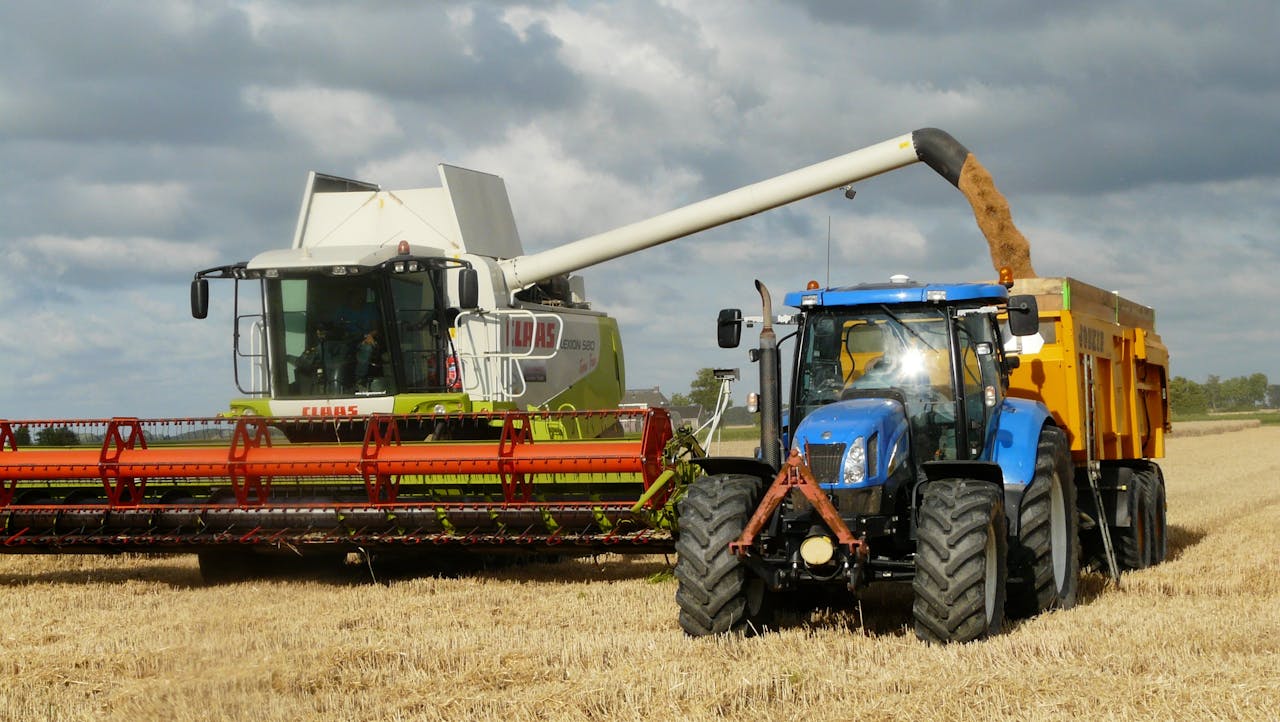
Hungary’s agricultural sector faces significant challenges, including EU regulations and the planned opening of markets to Ukraine, according to Prime Minister Viktor Orbán. In a recent interview with NAKlap, the newspaper of Hungary’s National Chamber of Agriculture, the politician discussed the current state of Hungarian agriculture, its future prospects, and the government’s plans to support farmers amid these challenges.
Hungary, with its rich agricultural heritage, has long been a significant player in European farming, Viktor Orbán noted. He emphasized that the performance of agriculture is not only vital to the economy but also to the country’s sovereignty and lifestyle. However, the sector faces ongoing struggles, including the impacts of climate change, drought, and, increasingly, EU regulations that are seen as unfavorable for Hungarian farmers. Despite these challenges, the Prime Minister pointed out that Hungary’s agricultural success requires both embracing cutting-edge technologies and maintaining traditional farming values.
In response to these challenges, he outlined the government’s plans to invest heavily in agriculture over the next few years.
By 2027, Hungary will allocate a total of 5,400 billion forints (approximately 13.1 billion euros) to the sector. This includes 2,900 billion forints (7 billion euros) for rural development and 2,500 billion forints (6.1 billion euros) as direct support to farmers. For the year 2025 alone, the government has announced tenders worth around 1,000 billion forints (2.4 billion euros), including significant investments in irrigation development.

Photo: MTI/Miniszterelnöki Sajtóiroda/Fischer Zoltán
The Prime Minister highlighted two tenders for irrigation worth 66 billion forints (161 million euros), which are particularly crucial in light of the severe drought Hungary faced this year. He also pointed to the increase in agricultural compensation schemes, which helped Hungarian farmers insure 715,000 hectares against drought-related losses. These efforts are part of a broader strategy to strengthen Hungary’s agricultural sector and improve its resilience.
Addressing EU policies, Viktor Orbán made it clear that Hungary would not support any measures that go against the interests of Hungarian farmers. Specifically, he criticized EU plans that open the market to Ukrainian agricultural products. According to him, Hungary’s agricultural sector can only remain competitive if it maintains trade relations with both the West and the East. He stressed the importance of developing good relationships with all potential trading partners to ensure Hungary’s agricultural competitiveness.
Another significant issue he also addressed was the generational change in Hungarian agriculture. Many family-run businesses in Hungary have been built over decades, and the politician emphasized the importance of preserving this accumulated knowledge and expertise. To facilitate this, the government is providing subsidies for young farmers. The current EU budget cycle has made it possible to increase the eligible areas for these subsidies, with the aim of supporting 6,800 young Hungarian farmers by 2027.
The government has allocated 417 million euros for this purpose, recognizing that the
EU’s agricultural labour productivity went up by 1.6% in 2024.
Sharpest increases in:
Latvia (+46.9%)
Luxembourg (+27.1%)Biggest decline in:
Romania (-16.8%)
Hungary (-15.5%)Learn more ➡️ https://t.co/wsDlYfBfAq pic.twitter.com/Fswq6Xc9qC
— EU_Eurostat (@EU_Eurostat) December 16, 2024
of agriculture lies in the hands of the next generation.
Despite these plans for support, recent data from Eurostat shows that Hungarian agriculture is struggling. According to the latest figures, labor productivity in agriculture in Hungary fell by 15.5% compared to the previous year, one of the sharpest declines in the EU. This is in stark contrast to other EU countries like Latvia, Luxembourg, and Sweden, where agricultural productivity saw strong growth. Prime Minister Orbán acknowledged the difficulties but remains optimistic that Hungary’s investment in innovation and sustainability will allow the country to overcome these challenges and secure a prosperous future for its agricultural sector.
Via miniapp.nak.hu, Featured image via Pexels